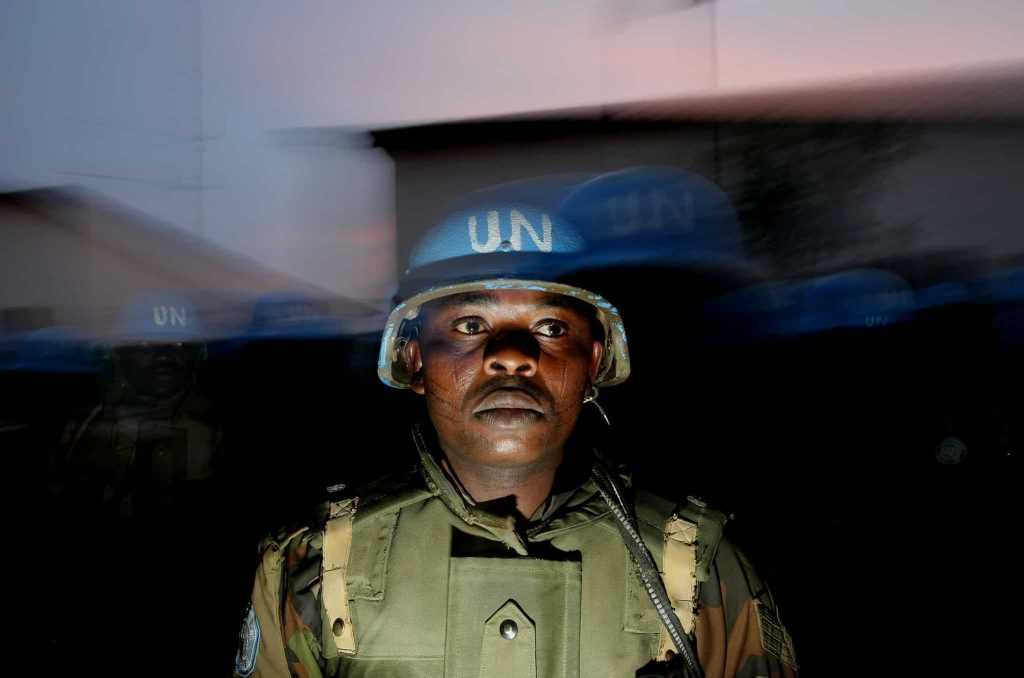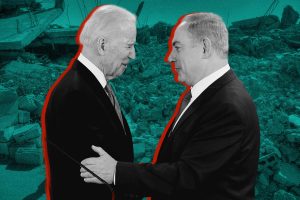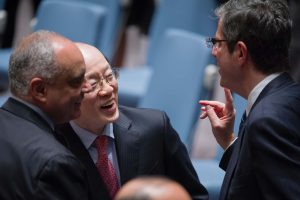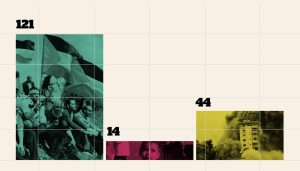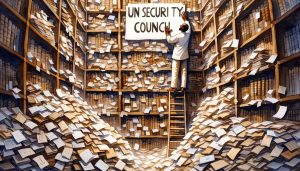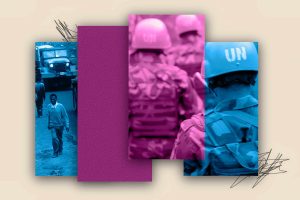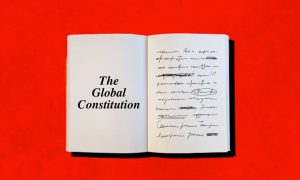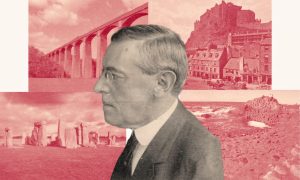A UN Peace Corps can transform global indifference into active engagement, leveraging the American Peace Corps model to foster international cooperation and make a tangible impact in the global South.
The United Nations is as much an organisation of ironies as it is of stark contradictions. This is particularly true when comparing geopolitical power differentials between the global North and South. It is therefore unsurprising that the annual budgetary contributions of United Nations member states are calculated using strictly the US dollar. Based on details from the New York-based Council on Foreign Relations (CFR), an article on the American subsidisation of the United Nations revealed that one-fifth of the world’s premier supranational organisation is directly subsidised by the United States, to the tune of $12 billion.
Despite drastic budgetary cutbacks made to the American subsidisation of the United Nations during the Trump administration, no other nation, specifically permanent Security Council members, have decisively rivalled American contributions to the United Nations at a time when Washington’s commitment to the organisation was in serious question.
The same article by CFR reported the United States accounted for 22 percent of the regular UN operating budget, while securing 27 percent of the peacekeeping budget, simultaneously limiting overall total budgetary contributions to the United Nations to 25 percent as mandated by the United States Congress.
It is observably ironic that the world’s premier hegemonic superpower is also the greatest subsidiser of the United Nations by comparative volumetric fiscal percentage. Yet, the average American remains largely aloof and generally ambivalent to the United Nations despite its deeply ‘American roots’. The challenge in rectifying that ambivalence boils down to a question of everyday relevance. It can be implied that, if one is not a refugee or subsisting in one of the world’s numerous conflict zones, the United Nations as a force of everyday relevance seems passive and intangible. This is especially true for citizens of the global North.
Most disparagingly, the United Nations is drastically hampered by crippling bureaucracies materialising in the form of intra-organisational rivalries. One such example was evidenced by competing geopolitical interests as seen with the Security Council and General Assembly or exclusively within the former, where nations truly clash. In 2023, this proved most evident when the United States vetoed a Security Council Resolution on 18 October calling for an immediate ceasefire in Gaza to allow humanitarian aid to reach 2 million vulnerable Palestinians. It is for this reason why the hegemony of Security Council vetoing power is akin to United Nations history, where the world goes in one direction while the unilateral foreign policy interests of a permanent security council member go in the opposite, effectively denying peace to millions.
The question is: how does the United Nations restore everyday relevance to would-be world citizens not directly impacted by refugee crises, mass migrations, and conflict zones in the global north specifically, and the global south generally?
Perhaps the answer to that question can be found in American history, when President John F. Kennedy initiated the establishment of the Peace Corps by direct executive order in 1961. Since its inception, specialists from the medical, education, and community development sectors have been dispatched to nations throughout the global South. Specialists are encouraged to learn local languages and familiarise themselves with the local culture wherever they are deployed. They also live and collaborate directly with the communities they serve, while receiving a modest stipend from the United States government. Since 1961, the Peace Corps has dispatched 240,000 Americans to 170 nations, engaged in everything from critical infrastructure projects such as solar-powered water system construction in rural Gambia to early pregnancy nutrition training programmes in Guatemala.
To date, apart from conventional peacekeeping operations, the United Nations has no true equivalent to the United States Peace Corps. Yet, we have collectively failed to imagine the internationalisation of the work accomplished by the Peace Corps for the global citizen.
A United Nations Peace Corps could function as an alternative to mandatory military service in nations where such laws are applicable, in exchange for socioeconomic concessions under UN guidance, while providing a productive outlet for conscientious objectors to military service everywhere.
Socioeconomic arrangements can be made with UN member states with mandatory military conscription laws to work with UN officials to erect critical infrastructure projects to better and ideally maximise the quality of life for communities subsisting on the disparate fringes of their national societies. This can be achieved by setting a two to four-year quota derived from annual percentages of total personnel for military conscription by nation for the purpose of being reabsorbed into a United Nations Peace Corps, while receiving economic concessions in the form of UN aid for said nation’s participation. Military conscripts turned UN Peace Corps personnel would be kept in their home nation to prevent foreign conflicts of interest, all under the leadership and guidance of an appointed general rapporteur to monitor and document the progress of UN Peace Corps activity.
In addition, a UN Peace Corps would have recruiting stations worldwide, coupled with scholarships and internship opportunities for youths committed to advancing peace under the concerted goal of maximising quality of life throughout the global south. Imagine a world where concerned citizens of conscience can join an international force for peace centred on quality-of-life empowerment for humanity and the global environment without the dizzying trappings of UN bureaucracy.
A reformed United Nations is only possible with the direct participation of world citizens from the bottom up, committed to building a better world through shared effort by means of a UN Peace Corps.



